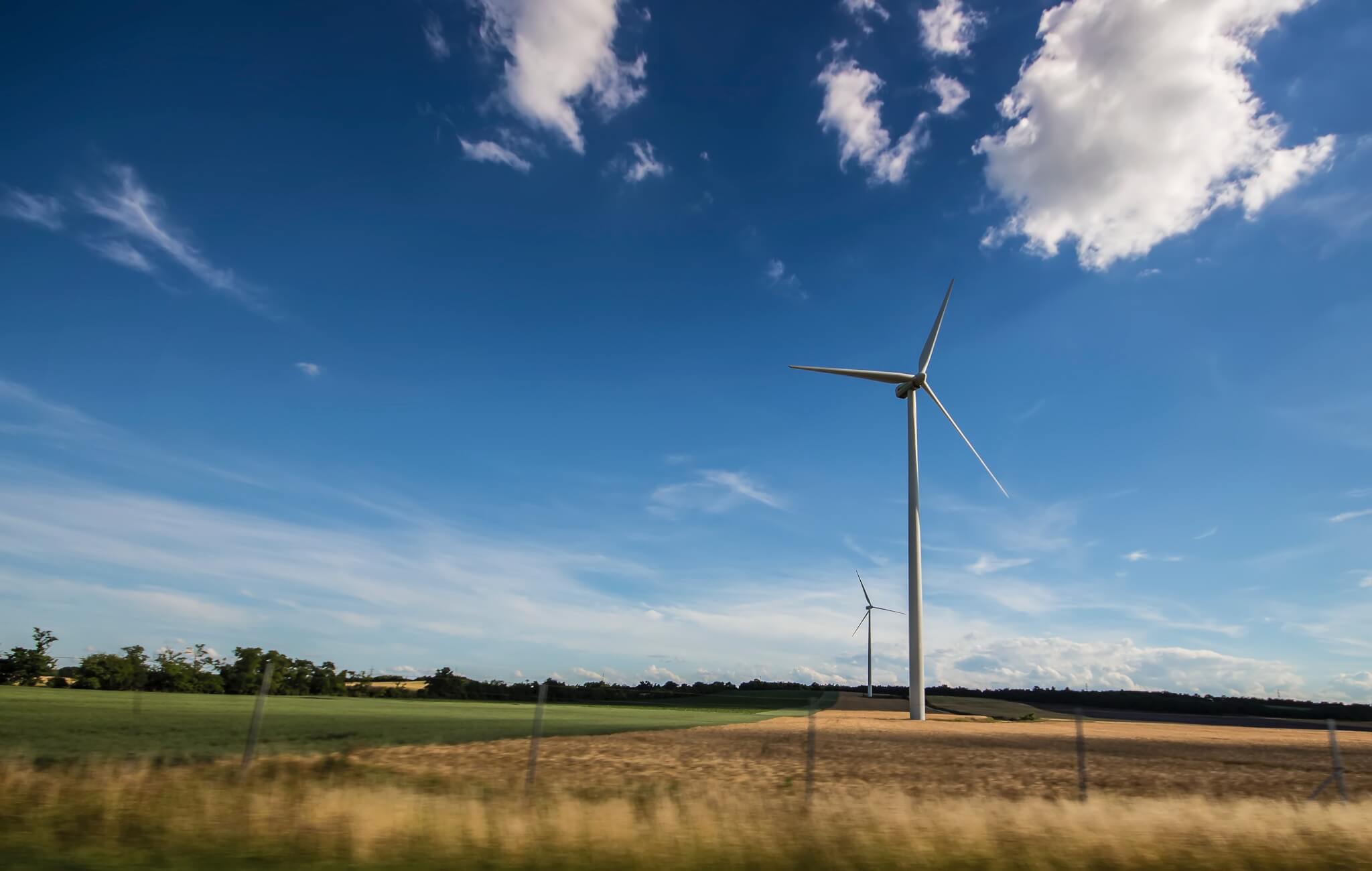A. Radavičius. A recipe for the Government: how can renewable energy help set the economy in the regions in motion?
With the unprecedented economic and social challenges posed by coronavirus and the constant search for economic stimulus by governments and international organisations, there is a growing call for a focus on the Green Deal as Europe’s key economic response to the pandemic crisis. This recipe can also be important to Lithuania – it could bring noticeable benefits to regions that are more remote from the capital.

The Green Deal is emphasized by 17 countries
The Covid-19 pandemic abruptly halted the Lithuanian economy – a large number of businesses were forced to suspend their activities and are currently making every effort to restore them. Business addresses the challenges of both financial flows and opportunities to preserve previously created jobs. At the same time, the International Monetary Fund, taking into account the effects of the coronavirus crisis, forecasts that the country’s economy will shrink by 8.1 percent this year, and last year’s unemployment rate, which reached 6.3 percent, will rise to 8.9 percent.
Both the Government and other responsible institutions of the country are making every effort to revive the country’s halting economy: to help businesses, people who have lost their jobs, and to encourage consumption. Other countries are tackling the same challenge, while the Global Wind Energy Council estimates that the total amount of stimulus packages announced worldwide is already in excess of USD 10 trillion.
Clearly, the pace and sustainability of the economic recovery will depend on the actions we all take together in the upcoming months. For maximum benefit, they should focus not only on the short-term effect but also on the long-term impact. This is one of the reasons why Europe is being called upon to see the Green Deal as the cornerstone of the region’s economic response to the crisis caused by the pandemic and to speed up the transition of the energy system to renewables.
A total of 17 countries – Austria, Denmark, Finland, Italy, Latvia, Luxembourg, the Netherlands, Portugal, Spain, Sweden, France, Germany, Greece, Slovakia, Ireland, Slovenia and Malta – called for climate and ecology to remain high on the political agenda during this period, in planning for economic recovery following the Covid-19 pandemic. The organisations uniting the European electricity, heating, cooling, buildings and transport sectors also call for the objectives set out in the Green Deal to be adhered to.
Clean energy for economic recovery in the regions
Following the analysis and taking into account international trends, the Lithuanian Wind Power Association calls on the Lithuanian Government to follow them as well – to focus on the transition to clean energy consumption, maintaining high pollution reduction standards and directing public investments to environmentally friendly initiatives. This would allow renewable, including wind, energy to make a long-term contribution to the recovery of the country’s economy.
Wind is already the largest source of electricity in Lithuania – wind parks produce more than 40 percent of the country’s local electricity generation. The clean electricity they produce is enough to meet the needs of more than 1.3 million Lithuanians. At the same time, at least 0.7 Mt CO2 is not released into the environment per year.
The wind energy sector also contributes to job creation, often in more remote municipalities away from the capital: Šilutė, Tauragė, Pagėgiai, Šilalė, Mažeikiai, Jurbarkas, Naujoji Akmenė, etc. Such opportunities are extremely important to residents of such regions. In addition, the development of wind energy projects helps to create or maintain jobs in other related sectors. Up to 30 companies specializing in different fields work together to plan and later build a single wind park. Among them are developers of wind energy projects, manufacturers of turbines and their components, companies providing services or goods such as electrical equipment installation, heavy equipment, metal, construction, engineering services, companies in the plastics industry, logistics as well as other companies.
According to the association’s experts, the sector pays about EUR 20 million a year in value added tax, pays profit, real estate and land taxes. Furthermore – long-term lease for thousands of hectares paid to landowners in the aforementioned regions which are remote from the capital is later invested in regional road and network infrastructure, it also helps support the local communities. Total investments in the wind energy sector in Lithuania amount to EUR 1 billion.
The most important steps to resolve the situation
However, as the coronavirus crisis halted the economy, both electricity demand and electricity prices fell sharply. Restrictions to stop the Covid-19 pandemic have reduced electricity demand in European countries by 5-20 percent. Lithuania is no exception – according to Nord Pool, in April, compared to the same period last year, electricity consumption in the country fell by about 10 percent. The price of electricity amounted to EUR 23.31/MWh and was about 46 percent lower than a year ago.
This means that the implementation of wind energy projects is currently under threat. Therefore, we appealed to the Government to show initiative in promoting renewable energy, which is important for both the energy sector and the country’s economy as a whole, and by investing in the development of its infrastructure.
Among the most important proposals is the PSO exemption for companies that purchase electricity directly from producers (for example, solar or wind parks); investment in strengthening electricity transmission networks to integrate more renewable energy installations; construction of an offshore substation of at least 700 MW and export cables to land infrastructure, fully or partially financed by EU investment funds; promotion of individual wind parks in rural areas and other measures.
In addition, given the fact that the terms for project developers to obtain the necessary documentation and approvals from individual institutions are extended during the quarantine, we propose the creation of an inter-institutional coordination group for renewable energy projects. Such a group could speed up project implementation processes, which would ultimately bring significant benefits to the country’s economy, and in particular – to the regions.
Author of the comment – Aistis Radavičius, Director of Lithuanian Wind Power Association
Post a comment
You must be logged in to post a comment.


